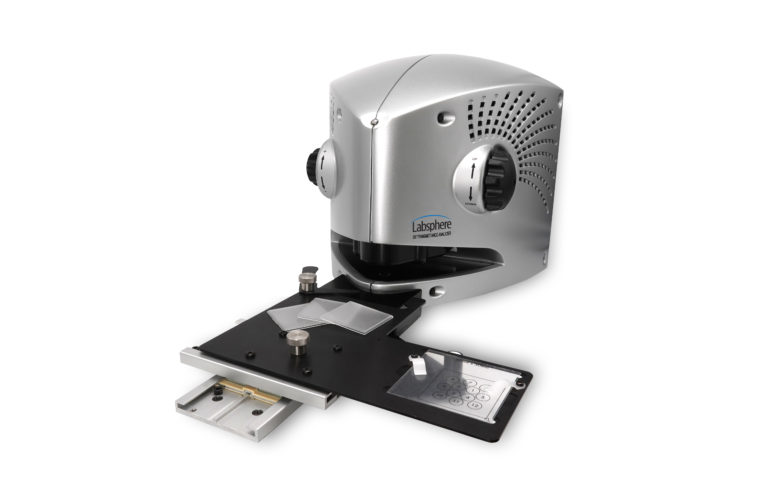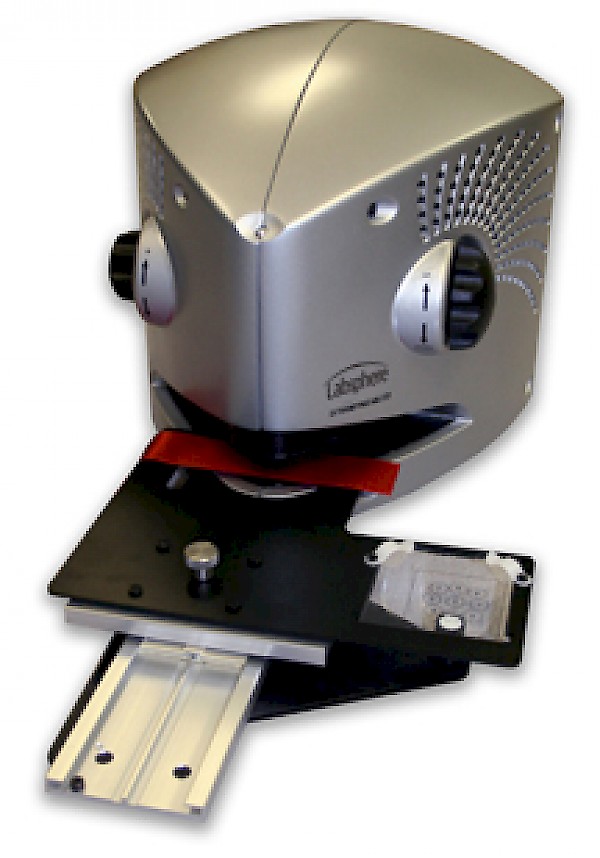Sun Protection Factor (SPF) Measurement
Labsphere's SPF and UPF test instruments are designed to accurately assess the effectiveness of sunscreen products and protective clothing in blocking UV radiation. Our instruments allow manufacturers and researchers to develop and validate sun protection products, enhancing consumer safety and performance in sun-safety applications.
Sun Protection Factor (SPF) Measurement
Showing all 4 results
-

UV-2000S Ultraviolet Transmittance Analyzer
-

UV-2000F Ultraviolet Transmittance Analyzer
-

UV-2000 Validation Kits
-

HelioScreen HD6 Plates
Sun Protection Factor (SPF) is a critical measure of how effectively a sunscreen
protects the skin from harmful ultraviolet (UV) rays, which are the primary cause of
sunburn and a significant factor in skin cancer. The SPF number indicates the duration
a person can stay in the sun without getting sunburned compared to unprotected skin.
For example, an SPF 30 sunscreen theoretically allows someone to stay in the sun 30
times longer than they would without protection.
The importance of SPF lies in its ability to prevent immediate skin damage such as
sunburn and reduce the risk of long-term damage including skin cancer and premature
aging. High-SPF products often provide broad-spectrum protection, shielding the skin
from both UVA and UVB rays.
SPF testing and validation are essential for ensuring the efficacy and safety of
sunscreen products. The process typically involves both in vivo and in vitro testing
methods. In vivo testing involves applying sunscreen to a small area of a subject’s skin,
exposing it to controlled UV light, and then measuring the amount of exposure required
to cause sunburn on treated versus untreated skin. This ratio determines the SPF value,
and the process adheres to standards such as ISO 24444:2019.
In vitro testing, on the other hand, involves applying sunscreen to a synthetic skin
substrate, exposing it to UV radiation, and measuring the amount of UV radiation that
passes through the treated substrate. In vitro methods offer several advantages,
including ethical considerations as they do not involve human subjects, greater
reproducibility, and increasingly, regulatory acceptance as an alternative to in vivo
methods such as the ISO 23698 in development.
Labsphere’s UV-2000S in vitro SPF test instrument and UV-2000F for textiles are
designed to meet the latest industry standards, providing high precision in measuring
UV absorption and SPF values. It features fast measurement speeds and integrated
software that enhances data management and reporting, thus improving productivity
and ensuring compliance with evolving standards. Understanding SPF and ensuring
accurate testing and validation are vital for developing effective sun protection products.
Labsphere’s advanced SPF testing solutions provide reliable, efficient, and ethical
methods for measuring sunscreen efficacy, helping bring safe and effective products to
market faster.